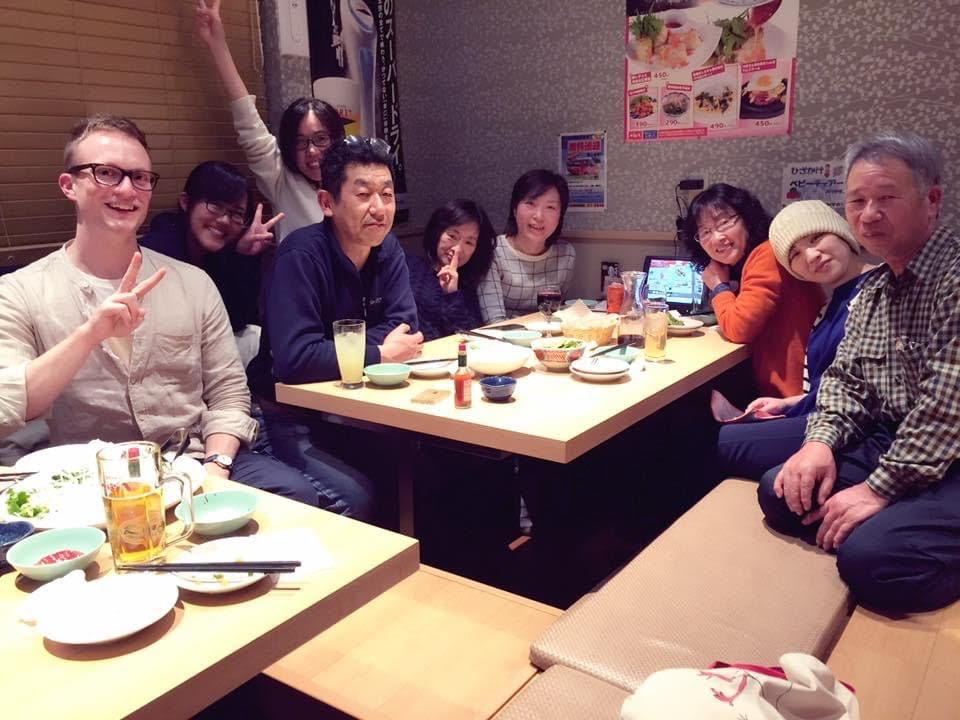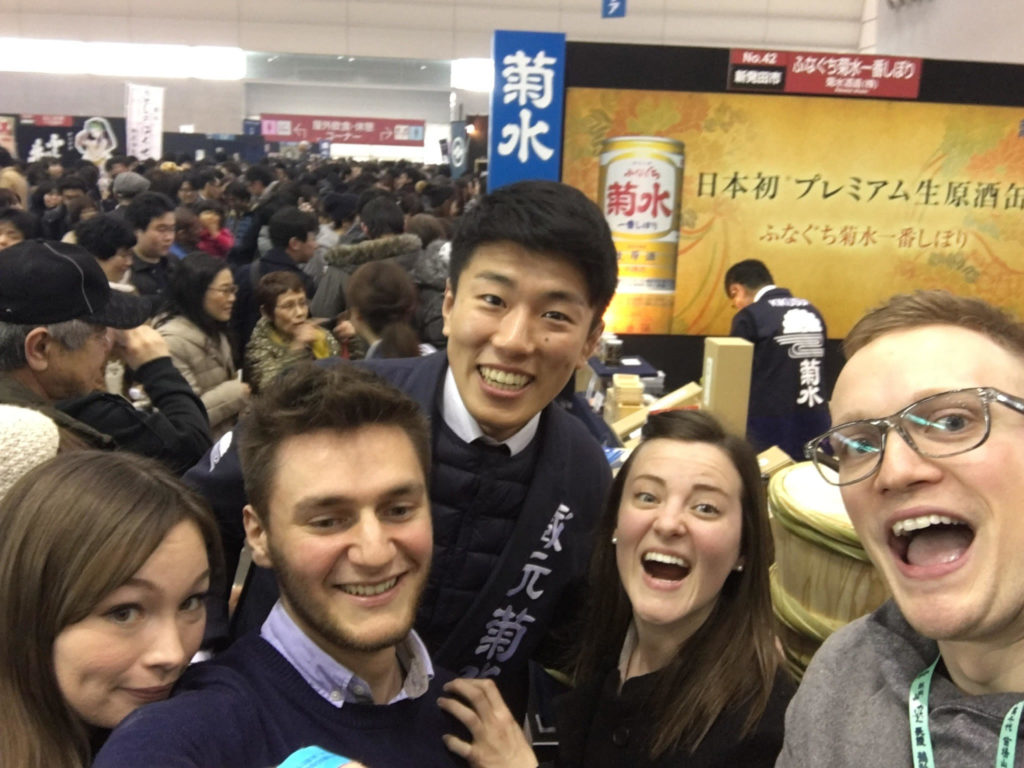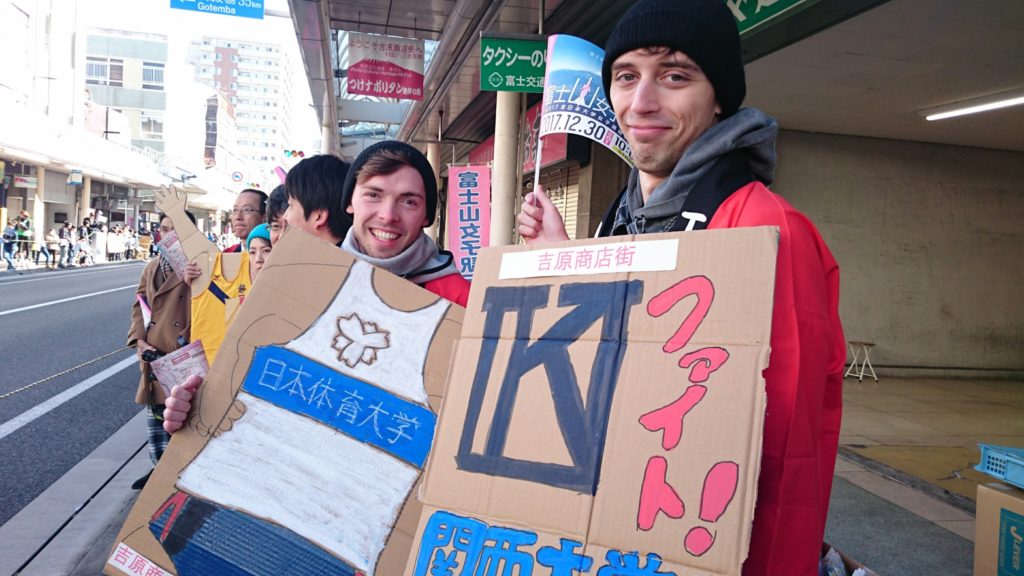Hello, and welcome back to the JET Alumni Spotlight! Today we feature Alicia Smith. Please read on to learn more about her time in Hokkaido, and her life staying involved with the Japanese-American community.
Are you from the Great Lakes area? What is your experience in the Great Lakes Area?
I’m from Ann Arbor, and currently live in the Metro Detroit area. But I went to college in Ohio, and lived outside Toledo for a couple years. I don’t take sides about sports ball.
Which do you prefer: the mountains or the sea?
I think I’d rather go to the mountains, because I love walking. Sand is too hard to walk through.
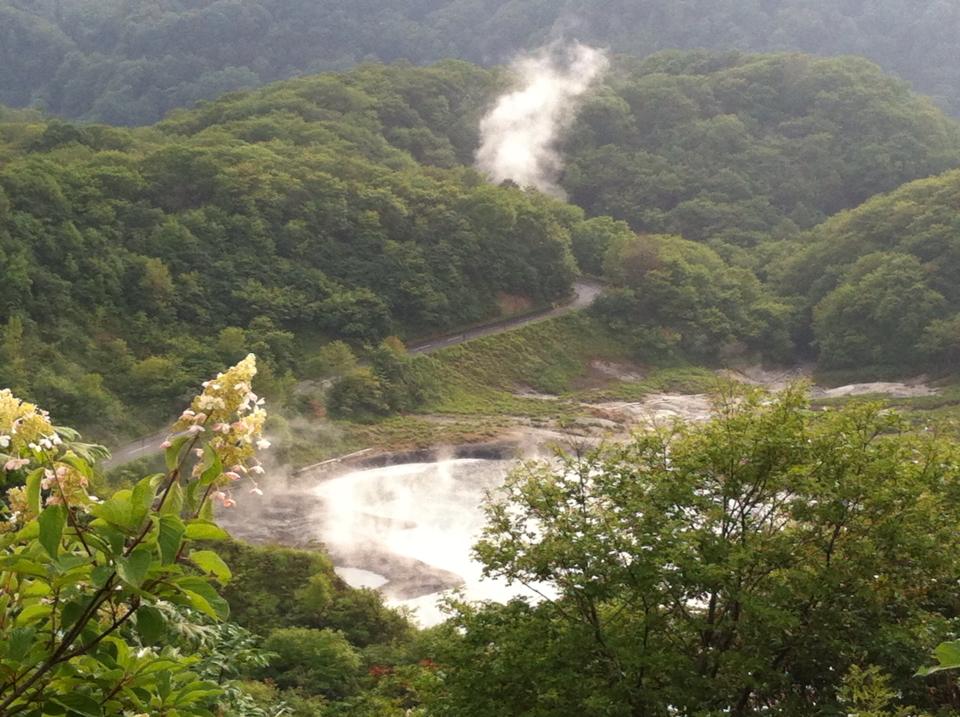
What is the biggest difference you see between Japanese and American culture? What do you believe these two cultures could learn from each other?
Geert Hofstede’s Cultural Dimensions research shows that the biggest difference between Japanese and Americans is Long Term Orientation. That is, Japanese see their lives as a fleeting moment in time, each person trying to do their best in the context of a long line of history. Americans think more in the “now” – we want to have leisure time, and we care less about people’s hierarchical status. You can see the difference in business. An American company looks to give shareholders short-term profits and immediate results, making risky moves through trial and error, whereas the Japanese take a longer-term view by prioritizing the success and business relationships of a company over many years, and even generations. Japanese and Americans can both learn that there are different ways to do things, and instead of deeming them right or wrong, we can be flexible to use different approaches as it makes sense for each unique situation.
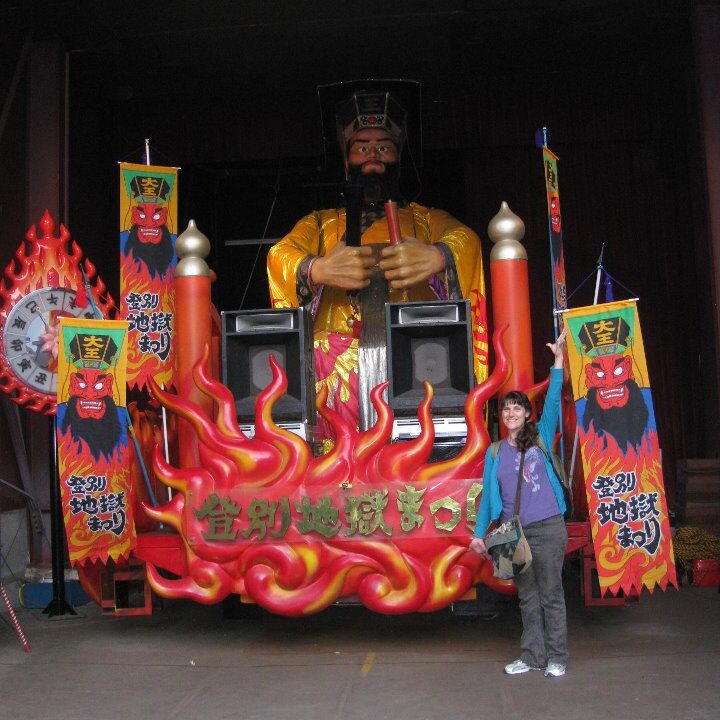
How did you become interested in applying for the JET program?
While I was at college majoring in digital art, I enrolled in Japanese 101 and joined the Japanese Club. My Japanese professor had a JET recruiter come to one of the meetings to talk about the program. It sounded really interesting to go abroad, as I’d never been anywhere besides right across the Canadian border. A chance to travel AND get paid at the same time? Dream come true.
Were you an ALT, a CIR, or an SEA on the JET Program? How long were you on the program, and where was your placement?
I was an ALT for a full 5 years in Iwamizawa, Hokkaido (the northern most island in Japan). We had a ski hill and an amusement park in our city. There were nearly a dozen JETs living there, from countries around the world, so it was like we had our own cultural exchange going on and I picked up a few international slang words. I got to help out with the activities that the city’s CIR planned, too, such as an international festival and closed-circuit educational TV show about world cultures.
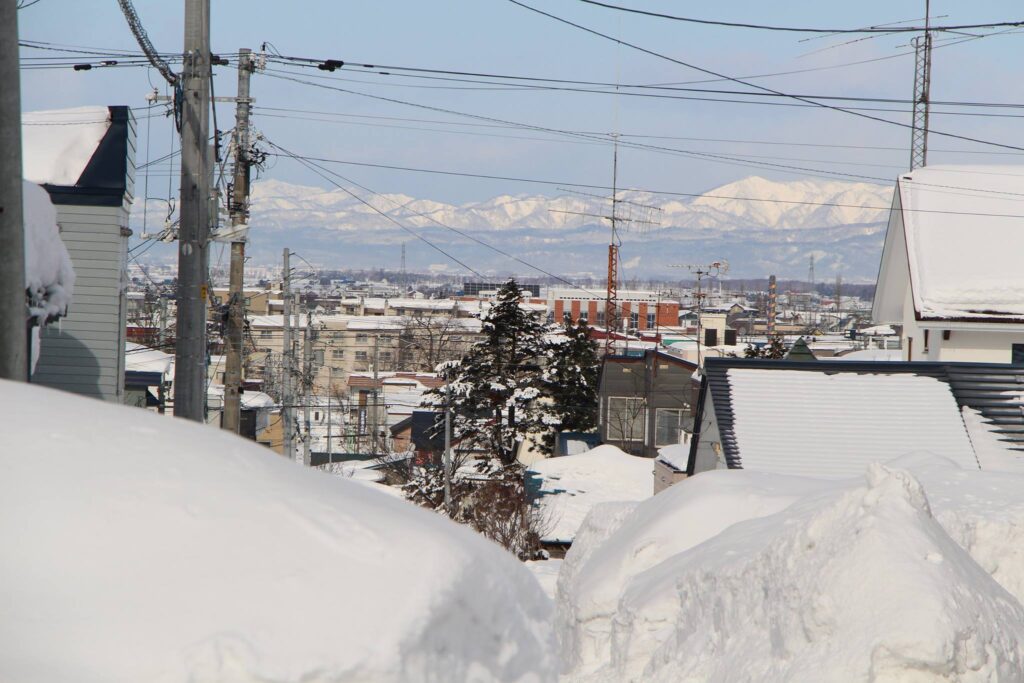
Would you please tell us more about your placement? For ALTs, what were your schools like? For CIRs and SEAs, what sort of work were you involved in?
At first I taught at a high school exclusively for 2 years. This was a school with 2 tracks – business and standard. I led communication classes, made slideshows about culture, prepared worksheets, warm-up activities, listening activities, etc. I was also the main person in charge of the English club, as well as helping kids with speech contest preparation after school.
The following 3 years that I taught at a junior high and 2 elementary schools. The elementary schools were especially fun for me, because we played a lot of games, and the kids were so genki. One of my favorite projects was a penpal exchange project with several classrooms around the world.
I stayed in Japan for an additional year after JET and taught at several other schools as well.
What is a memory you have from your time on JET that sticks out to you?
There are so many good memories. I loved learning Japanese, bonding with students, and talking with coworkers. However, some of my best memories are from the community groups I joined. I sang soprano in a Japanese chorus group, danced down the streets of Sapporo in a yosakoi dance group, took Japanese cooking classes in the community center, and even learned how to make balloon animals. I was also invited by local friends to participate in many traditional activities such as tea ceremony, making sushi rolls, trying on kimono, and going to a cherry blossom viewing picnic. So, it was ultimately the people of Japan who helped me feel welcome and make my best memories.
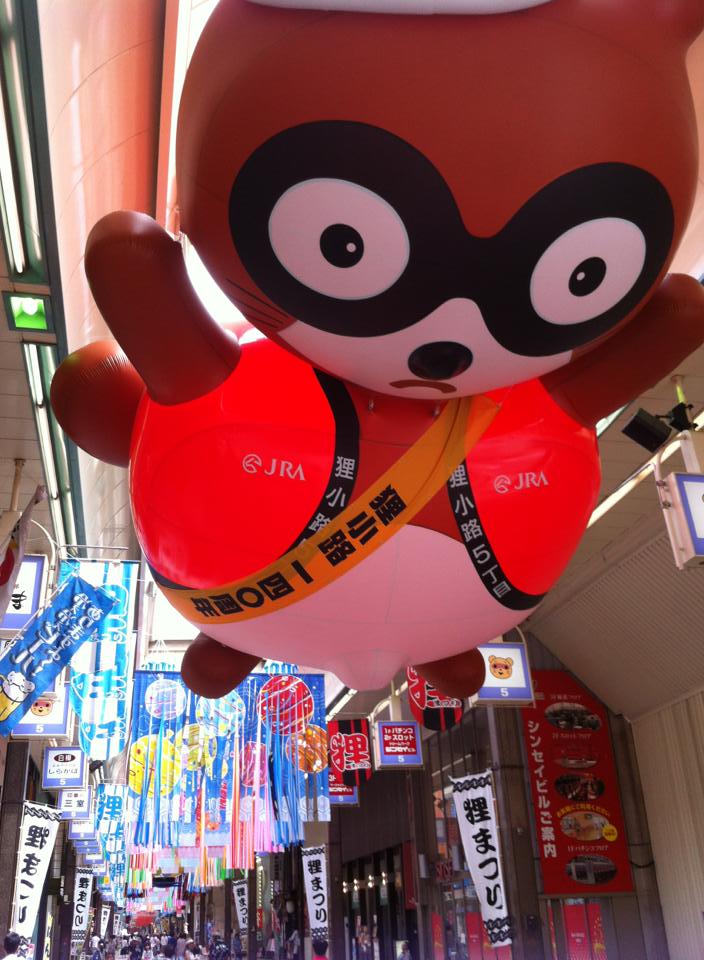
What has your career path been since leaving the JET Program? How has JET influenced your journey?
I pivoted to Japanese-related jobs. I work remotely to assist Japanese corporate training programs, which blends my art, Japanese, and teaching backgrounds. I do a little bit of everything – from content creation, to tech support, to sales calls. I also teach local expats English conversation for a few hours a week.
Do you have any advice or other support that you can give to current / future JET applicants? How about your fellow alumni?
You don’t know what your career and life path is going to be until it happens. So much is luck, so be ready to jump at opportunities when you get the chance.
Where can we reach you for networking?
Come meet me at one of our GLJETAA events! Or feel free to get in touch with me through our Contact Form, as I’m currently the President.

Please do reach out if you have any questions for our alumni. Thank you, Alicia, for sharing your own story.
Alumni Spotlight is an outreach activity through the Great Lakes JET Alumni Association seeking to build stronger connections between alumni and to provide bridges for networking. If you or an alumnus you know would like to be featured in an installment of Alumni Spotlight, please email us at .


